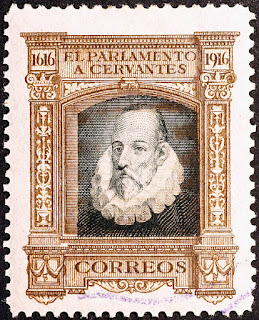World Table Tennis Day is an annual celebration dedicated to promoting the sport of table tennis and its values worldwide. Observed on April 6th, this day aims to encourage participation in table tennis at all levels, from recreational players to professional athletes.
On World Table Tennis Day, various events and activities are organized around the globe to raise awareness about the sport and its benefits. These may include exhibitions, tournaments, demonstrations, coaching sessions, and community outreach programs aimed at introducing new people to the game.
The day also serves as an opportunity to highlight the positive impact that table tennis can have on individuals and communities, including promoting physical fitness, social interaction, and inclusivity.
Overall, World Table Tennis Day celebrates the joy of playing table tennis and strives to make the sport accessible to people of all ages and backgrounds, fostering a spirit of friendship, respect, and sportsmanship among participants.



.jpg)
.jpeg)






